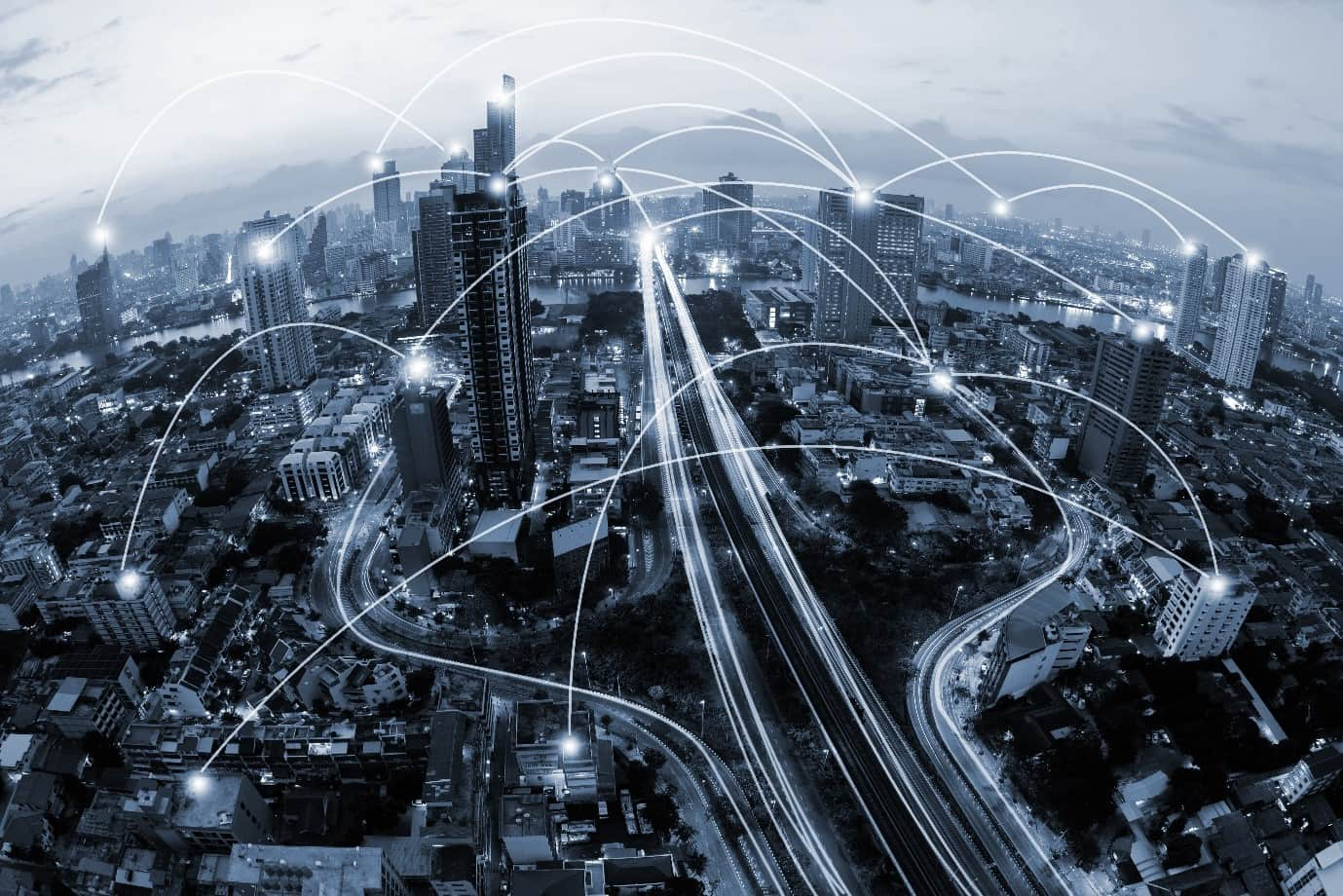Digital Neighborhoods: South Asian Perspectives on Cyberspace Governance

Oleg Abdurashitov, Head of Public Affairs, Asia Pacific
Much of the recent discussion about the internet balkanization is focused on the ‘two internets’ shaped respectively by the US and China. The intensity of this geopolitical debate may obscure an important fact that the next billion of internet users is living elsewhere. The rapidly digitalizing economies of the South and South East Asia are now realizing they may hold a key to the future development of cyberspace – and they often see things differently than a simple dichotomy of ‘open’ vs ‘closed’ internet.
ASEAN in particular attracted some interest last year, when under Singapore chairmanship member countries endorsed the nonbinding norms of the state behavior in cyberspace recommended by the 2015 United Nations Group of Governmental Experts (UNGGE) – the first major regional body to do so.
Another important development is currently taking place in the South Asia, where BIMSTEC (The Bay of Bengal Initiative for Multi-Sectoral Technical and Economic Cooperation) is exploring how to address the common cybersecurity challenges. Following the first meeting of BIMSTEC’s Track 1.5 Security Dialogue Forum in September last year, where the participants called for deepening cooperation among the cyber institutions, the respective national cyber agencies met for the First BIMSTEC Cyber Security Workshop in New Delhi last December. Given that 21-years old BIMSTEC is among the youngest international organizations, which only held four summits to date, this progress on cyber issues seems remarkable.
BIMSTEC countries, home to 1.5 billion people, together account for 22% of the global internet population – and their share of internet and mobile internet usage is rising fastest. India alone has the second largest number of internet users worldwide (Statista) and accounts for the largest share of Facebook users globally, well above the US – all the while having the internet penetration of only around 25% (Pew). Indian lawmakers and officials well understand the leverage they have over the global players with the sheer weight of this existing user base, and in the last few years their views on digital economy, cybersecurity and data protection have become a lot more assertive.
As outlined in the First Chapter of the Report of the Data Protection Committee, the Indian state has historically seen itself as an enabler of progress, and this treatment of human empowerment and economic development as a unified objective of the digital domain is an important, if overlooked, aspect of the Indian approach towards internet governance. The lively debate on how to balance the interests of state, users, businesses and society at large – be it around Aadhar, the world’s largest biometric ID system or India’s recent data protection initiatives - is markedly different to the conversations of ‘walled gardens vs. laissez-faire data economy’.
The question of economic development is closely connected to the issues of digital development and national security for other BIMSTEC members as well. Having similar economic profile, BIMSTEC countries face similar challenges of explosive growth of digital technologies, low levels of digital literacy coupled with rising levels of cybercrime – no wonder they seek cooperation for expertise and technology. While many observers lament the collapse of international collaboration and the diminishing role global organizations in cyberspace, in this ‘development-driven mode’ the nations of BIMSTEC are actively working with ITU and other international bodies to create and implement their national cybersecurity strategies following ITU’s Guidelines. Those strategies and accompanying legislation are now being developed and unveiled in Bhutan, Sri Lanka, Bangladesh, Thailand and other BIMSTEC countries.
Having two ASEAN countries among its members (Thailand and Myanmar), one Shanghai Cooperation Organization member (India), and even a signatory party to the Budapest Convention (Sri Lanka), BIMSTEC may also benefit from and exert influence on the cyber policy and capacity work across those alternative global platforms. As one of the BIMSTEC Cyber Security Workshop experts aptly noted ‘the two buildings everyone is speaking of – confidence building and capacity building’ might be built in sync and reinforce each other.
From this point of view, the internet balkanization may turn out to be internet regionalization where economic, geographic and developmental ties play as important role as ‘like-mindedness’. It is unclear whether good fences make good neighbors in cyberspace (or if they are at all feasible), but mutual understanding and shared interests do make good neighborhoods.
Digital Neighborhoods: South Asian Perspectives on Cyberspace Governance
Kaspersky